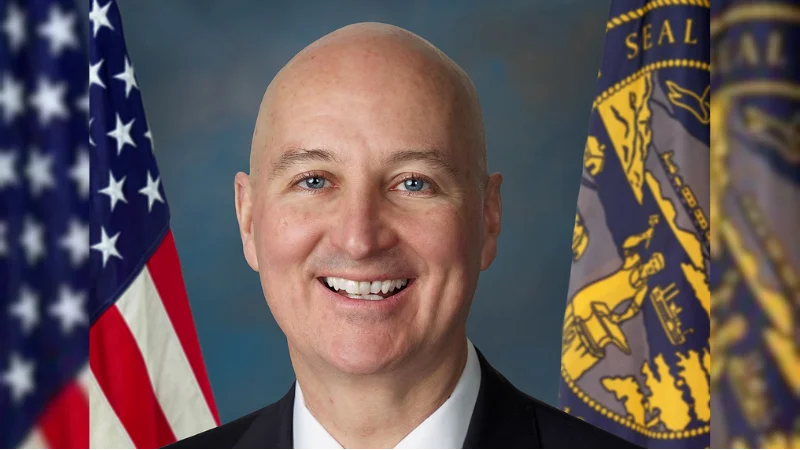Senator Pete Ricketts, US Senator for Nebraska | Sen. Pete Ricketts Official U.S. Senate headshot
Senator Pete Ricketts, US Senator for Nebraska | Sen. Pete Ricketts Official U.S. Senate headshot
U.S. Senators Pete Ricketts (R-NE) and Angus King (I-ME) have introduced the Coordinating and Aligning Records to Improve and Normalize Governance (CARING) for Our Veterans Health Act of 2025. The proposed legislation aims to improve how medical documentation is tracked after veterans receive care from community providers, with a focus on ensuring that the Department of Veterans Affairs (VA) receives timely records to maintain continuity of care.
The bill would require the Under Secretary for Health at the VA to implement guidelines for tracking medical documentation and set performance measures for obtaining these records. The goal is to enable the Office of Integrated Veteran Care to better serve veterans by having complete information available when they return to VA facilities.
“Our veterans deserve our utmost respect and gratitude,” said Ricketts. “In order to ensure our veterans receive the best standard of care, it is important that their medical history is shared and available for VA medical centers following care in the community. This bill will help establish guidelines and procedures for VA medical facilities to obtain medical documentation from community care providers.”
Senator King also highlighted the importance of improving communication between providers: “Veterans in Maine and across the country have sacrificed greatly in service to the nation and it is our job to now return the favor. The CARING for Our Veterans Health Act of 2025 would ensure that veterans have access to the best care by improving information-sharing between community care providers and VA medical centers to reduce the chances of important details falling through the cracks. I am grateful to my colleague, Senator Ricketts, for working with me on this important legislation putting veterans first.”
The Military Officers Association of America has expressed support for this legislation.
According to background provided with the announcement, about three-quarters of veterans return to VA medical centers after receiving services from outside providers, making effective exchange of records essential. Currently, there is no systemwide visibility into whether all necessary documentation from community providers reaches VA facilities, which can affect oversight and coordination.
As more veterans use community-based health services, lawmakers say clear expectations around tracking final documentation—along with monitoring goals—will help identify gaps in information sharing and strengthen overall coordination within veteran healthcare systems.


 Alerts Sign-up
Alerts Sign-up